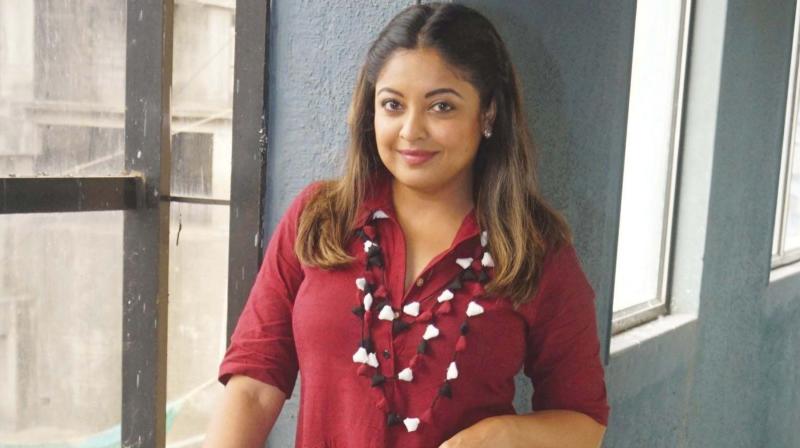Every #MeToo voice is equally important: Tanushree Dutta
In conversation with the woman whose story has snowballed into a force to be reckoned with India's #MeToo movement.

Thanks to you, the #MeToo movement is raging in India.
I feel it has gone far beyond me. I never thought I’d trigger something like this, but I have, and it gives me a sense of purpose. I never knew fate had this in store for me.
Do you feel the #MeToo movement in Bollywood doesn’t have the support of A-list voices that its counterpart in the USA did?
You mean, you want to know why the really popular actresses have not spoken up? You will have to ask them. We all know that many of them have their own stories to tell. Why they are keeping quiet only they can say. Having said that, I feel that categorising the #MeToo voices as A-list and B-list is doing the movement a disservice. Every woman who has been harmed, damaged or destroyed is equally important.
Agreed. But when an Uma Thurman or an Angelina Jolie speaks about the campaign, they bring attention to it.
I agree with you. I’d love to have the big stars speak out. But I suspect they won’t. There is still so much stigma attached to the topic of sexual violation. Even today, women, and not their perpetrators, are questioned, ostracized, and harangued; their reputation is smashed and shredded. Can you believe it? When a girl is violated, it’s perceived as a threat to the dignity of her household.
Do you think that is the mindset that is stopping actresses from speaking out about their experiences? Bipasha Basu, for example, maintains that nothing happened with her and Sajid Khan when the whole industry knows that he misbehaved with her.
This oath of secrecy is what stops the movement from growing in our country. You think it’s easy for women to come forward and open up about their experiences? Many of the voices you are hearing today belong to women who came to the film industry with dreams, but were driven into anonymity by predators – their morale, self-confidence and careers destroyed. You think it was easy for me to speak about my experience? It took me ten years to heal through spiritual guidance.
Were you prepared for this movement you’ve started?
Not at all! If I knew about it, I’d never have come to India for this so-called holiday. I am glad one doesn’t know God’s plans. If I knew this would happen, I’d have found a way to avoid it.
Now that you have become the face of the #MeToo movement in India, are you happy with the way it’s going?
At last, a debate on sexual misconduct is raging across the country – it’s a healthy and positive sign. What really irks me is when empowered women in positions of responsibility get on television and condemn the brave women who are sharing their #MeToo stories as publicity seekers. That is so frustrating and self-defeating. Do these entitled women realize how much it takes to narrate your story of violation?
But merely speaking about an incident on social media without following it up legally is self-defeating too, is it not?
No, it is not! In fact, naming and shaming these culprits on social media is the only option. Once these criminals are exposed, taking legal action becomes easier. The legal route is not easy – it shames you and drains you emotionally and financially. Many times, the culprits get the best legal aid to help them fight costly legal battles that the victims cannot afford.
Do you see any change in the way victims are positioned now as compared to the situation ten years ago?
I would say there has been a change, but it’s not enough. Ten years ago, when I approached the police, my efforts were thwarted. I faced the same hurdles this time too, but I was better equipped to handle it. The #MeToo movement has given me confidence and strength.
Why do we have to ape the west and call it the #MeToo movement?
Because sexual violation is not about east or west. It’s a global shame that binds all survivors as sisters.

